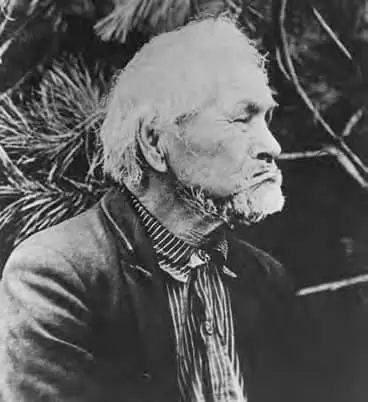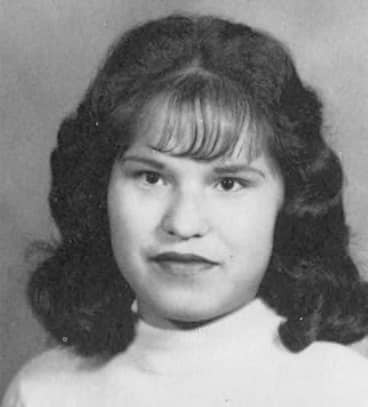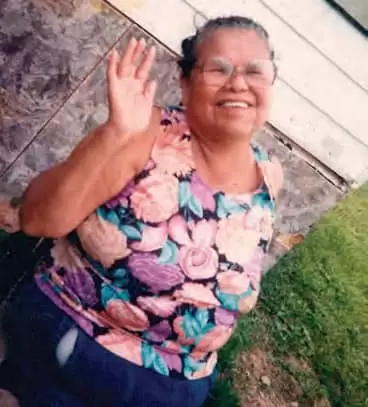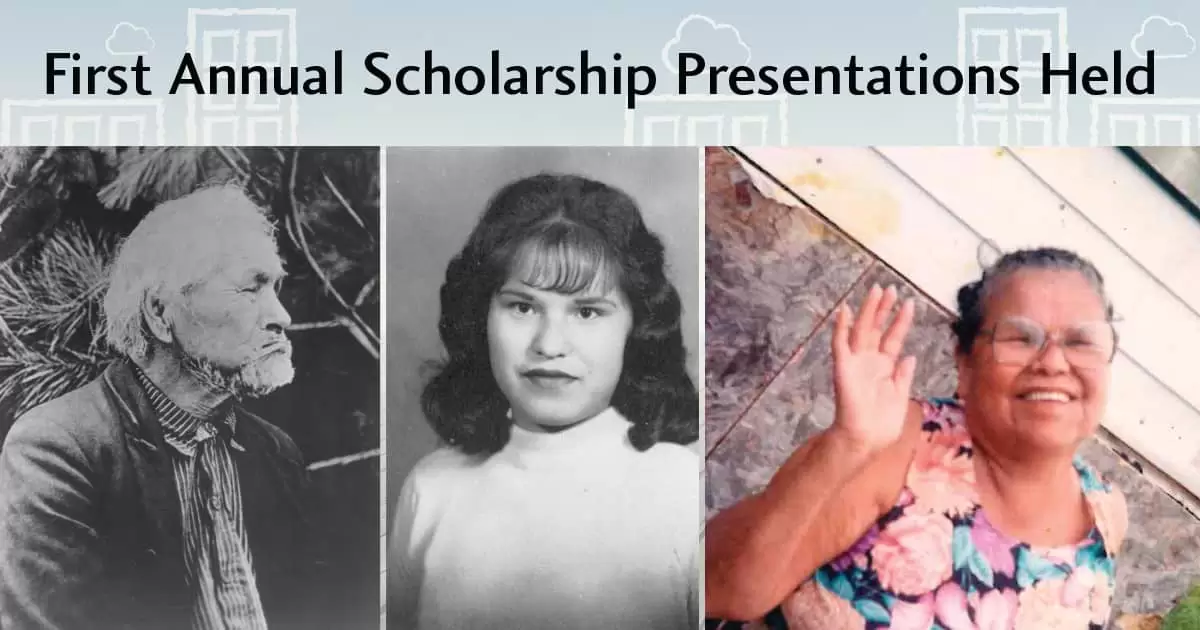


On Thursday, May 25, PTT traveled to Milwaukee to document a momentous occasion, that being the first annual Forest County Potawatomi (FCP) Foundation scholarship awards presentation.
Back in January of this year, the Foundation announced that it had created a scholarship program that would award $475,000 annually. The program was created to further support communities by addressing the need for more affordable education and training which, in turn, creates a more educated and skilled workforce. The Foundation’s mission is: “To allow deserving students to attain their educational goals, meet their professional objectives, and succeed to their fullest potential.”
Three scholarships were made available, each bearing the name of an FCP tribal member who had a significant, positive impact on the community. Brief biographies and scholarship descriptions are as follows:
Chief Simon Onanguisse Kahquados (May 18, 1851 – Nov. 27, 1930)
Kahquados was born near Mishicot, Wis., and his ancestors were the longtime rulers in Door, Kewaunee, and Manitowoc counties. People described Kahquados as very intelligent and a great speaker. He taught himself to write in English, and he was a very popular guest during historic gatherings.
Kahquados wanted others to know and remember the Potawatomi’s history. In 1831, the Menominee signed a treaty with the U.S. government ceding three million acres, much of which the Potawatomi, not the Menominee, actually claimed. They lost their land without any compensation. Kahquados traveled to Washington, D.C., on behalf of his people in attempts to get the Potawatomi’s land back.
Kahquados was buried in Peninsula State Park on Memorial Day 1931. More than 15,000 people attended his burial.
Delores Pemma-Mann (Dec. 17, 1944 – Feb. 17, 2015)
Delores Ann Pemma-Mann “Noden Kwe”, daughter of the late Peter Pemma Sr. and Adeline Thunder, was born in Hayward, Wis. She experienced life in the Wabeno area at a time when the tribe had very few opportunities. She frequently told stories about her hike to school – over the hills, through the woods many miles despite snow. At an evolving and tumultuous time for tribal people in the United States, Delores took solace in reading. An enthusiastic learner, she was one of the first tribal members to graduate from Wabeno High School. She left the reservation in an effort to further her education and enlarge the possibilities of a well-paying job for a Native woman in the mid 21st century.
In sunny Arizona, Delores pursued and attained an associate degree in business. After additional travels, she eventually planted new roots in the Milwaukee area. She worked for the Milwaukee Indian Health Board for several years, but her greatest career would be that of mother and grandmother. Her four sons, Paul, David, Jon and Marc, still reside in Milwaukee.
The legacy of her educational achievements live on in her grandchildren with whom she expressed her love of learning, the importance of tradition through living non-materialistically, and creative expression. She wrote beautiful poetry, was a candid-photo photographer and a mixed-media collage artist. By far, her greatest gift to her family was that of her immense love, her bold generosity, and her tender heart for the plight of others.
Lois Crowe (dates unknown at time of print)
Crowe attended Haskell Indian Boarding School and went on to receive her nursing degree in Chicago. In 1975, Crowe became the first and only woman to serve as tribal chairperson. Crowe served as the education director for approximately 20 years, and according to her son, Daniel “DJ” Smith (as relayed to PTT by Kaye Garcia), she was the Gaming Commission chairperson who signed the gaming compact with the state of Wisconsin.
As you can see, education was important to Kahquados, Pemma-Mann and Crowe, and it’s only fitting that these scholarships were named for them.
As for those students wishing to apply for the scholarships (all 180 of them), they faced iron-clad eligibility criteria, application requirements, all with a deadline that had to be met. Plus, recipients would have to be a Wisconsin resident, enrolled in a high school vocational/technical program, one of Wisconsin’s technical colleges, or an accredited Wisconsin university/college.
One of the most enjoyable requirements – at least for the advisory board who were integral in selecting award winners – were the personal essays that were part of the application process. This was an opportunity for the students to talk about themselves: their hopes and dreams for the future, and the challenges they face to make them come true. Their stories are what make these scholarships all the more special, and all the more crucial!
The midday luncheon presentation was held in the meeting room of the Wgetthta Building on the Wgema Campus. Mistress of ceremonies was FCP Foundation Director Kaye Garcia who warmly welcomed the scholarship awardees and their families. Executive Council Member Heather VanZile and Secretary James Crawford were in attendance, as were Tom Boelter and Jason Bertrand from FCP Education, Milwaukee Mayor Tom Barrett, and FCP Gaming Commission Vice Chair Marc Young, son of the late Delores Pemma-Mann.
VanZile offered congratulations on behalf of FCP Executive Council saying, “Thank you for your strength and commitment. A community is only as strong as its members. Our communities need skilled workers, and we hope this program will fill the education gap.”
Mayor Barrett encouraged the students, “This is a new, exciting and challenging chapter in your lives. Put yourself out there. Run with it, sail with it, fly with it!”


